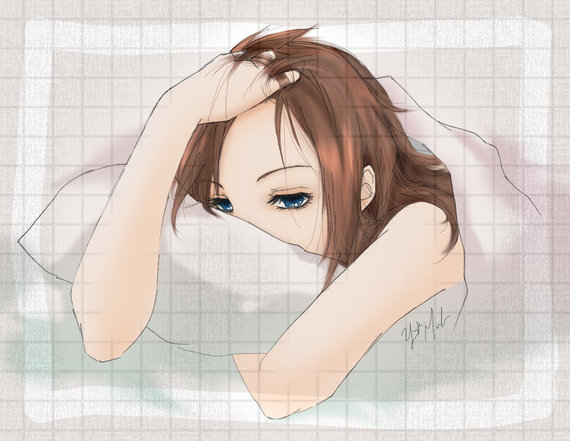As the Great British Sleep Survey found, poor sleepers are seven times more likely to feel helpless and five times more likely to feel alone. These are consequences that can impact everything from our relationships and our ability to focus to our health. -- Arianna Huffington, Thrive
The survey also found that the top five physical factors that affect sleep are:
• Bodily Discomfort: 67 percent
• Noise 36 percent
• Partner: 34 percent
• Room Temperature: 34 percent
• Light Levels: 19 percent
Trends Indicate That People Want A Better Experience Of Sleep
Trends in sleep technology make us aware that we need to take back control of our lives, to redirect them with research and insight, and to help us thrive at whatever age and in whatever circumstances we find ourselves, for example: the stresses of work, exams, looking after small children or aging parents, or simply those who love to live life to the full with a "work hard, play harder" attitude!
Adaptive Sleep Technology For A Good Night's Sleep
In my research and to my delight I have found that adaptive sleep technology offers a combination of features that work together to help you sleep better, get more rest and assist the processes of physical and mental recharging that form the basis of sleep.
This technology addresses the factors that are crucial in assisting you to get the sleep you need. It adjusts your environment to meet the conditions required for quality sleep. These include:
Proper support. Incorrect spinal alignment or localized pressure points can cause more than discomfort. This may lead to tossing and turning or even interrupt the sleep cycle.
Temperature regulation. Variations in temperature may also interrupt the sleep cycle, particularly in those stages where the body's own temperature regulating mechanism is temporarily suspended.
A relaxing, calming atmosphere. Ambient conditions and massage effects are known to be beneficial in promoting better rest and helping the onset of sleep.
A more natural sleep environment. Both the individual technologies and the materials used in adaptive sleep systems are intended to bring your sleep area as close as possible to nature, more in accord with the conditions normal to the human body.
Additional Sleep Tips From the Experts Consulted in Thrive
• Make your bedroom darker and keep it cool.
• Practice deep breathing before bed.
• Take a warm bath before bed.
• Exercise or at least walk every day.
• Banish all LCD screens (laptops, tablets, smartphones, TV) at night.
• Cut down on coffee after 2 p.m. and avoid alcohol right before bedtime to give the body time to metabolize it.
Create Your Personal Sleep Revolution
Creating a healthier, happier life doesn't need to be complicated. By simply incorporating an adaptive sleep system, my recommended choice is the Kenko Naturest Sleep System, into our bed and adding the sleep tips suggested we will begin to create our personal revolution that will change our culture, our thinking, our workplaces, and our lives.
Share This Article
Please share this Third Metric article with your friends and significant others. To find out more about the Third Metric and Sleep read Thrive, Chapter One, 'A New Blueprint: Time to Renovate the Architecture of Our Lives.' To find out more about the Kenko Naturest Sleep System contact Jackie at: thrive.huffpost@gmail.com.
